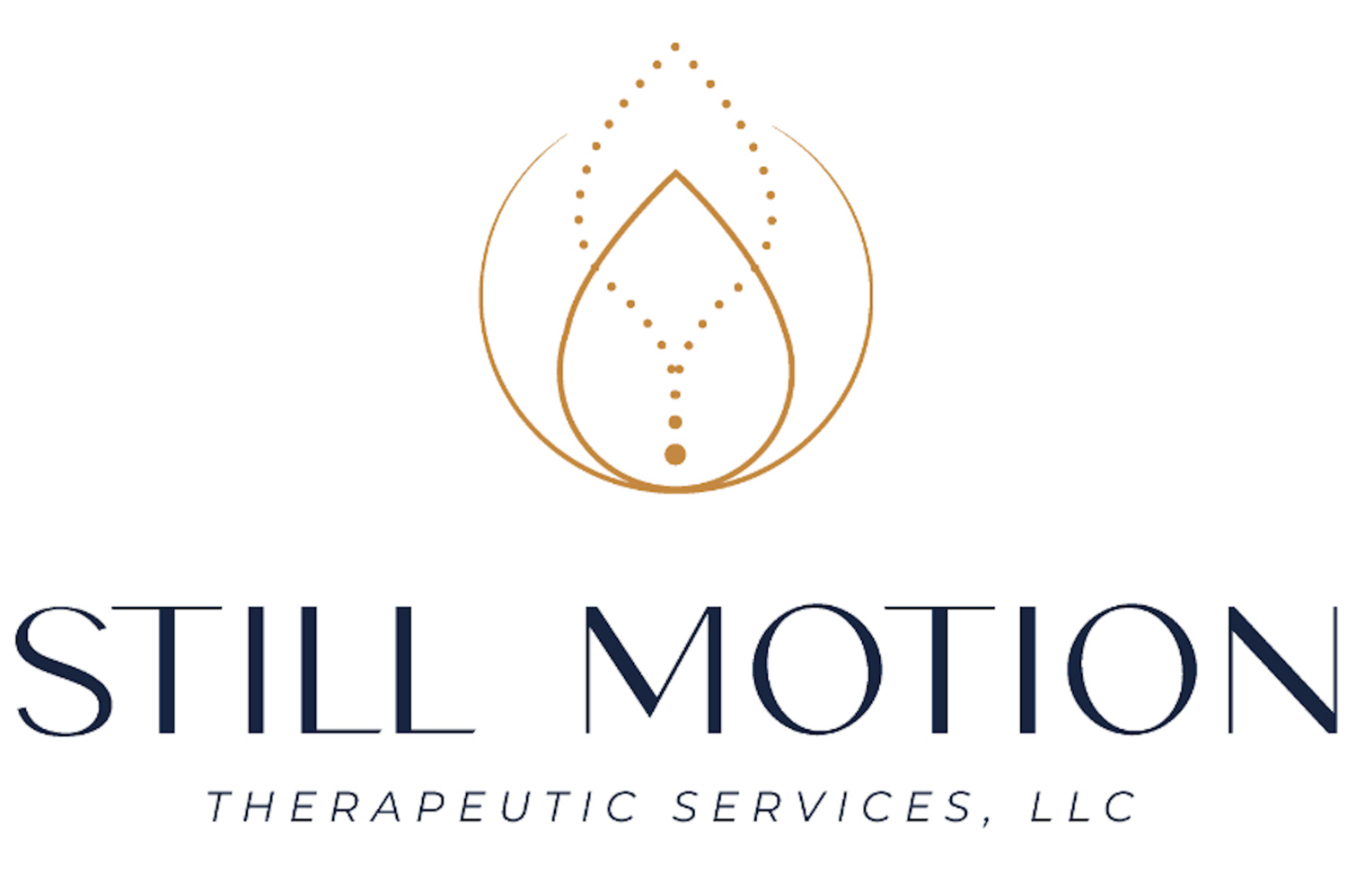How to Find the Best Therapeutic Fit
/Starting therapy can be one of the most meaningful steps toward healing—but how do you know if a therapist is the right one for you?
The relationship between you and your therapist is more than just professional—it’s personal, emotional, and built on trust. Finding someone you feel safe with is one of the most important parts of the healing process. Here’s how to find the best therapeutic fit for you.
1. Know What You’re Looking For (But Stay Open)
You don’t need to have everything figured out, but it helps to reflect on:
What are you struggling with right now?
Do you prefer a structured, goal-oriented approach (like CBT)? Or something more exploratory or emotion-based?
Would it feel more comfortable working with someone of a specific gender, race, culture, or background?
Clarifying your needs can help guide your search—but leave room for discovery. Sometimes the best fit is someone who surprises you in a good way.
2. Pay Attention to the First Session
The first few sessions are like a conversation—not a contract. Ask yourself:
Did I feel listened to, without judgment?
Did I feel emotionally safe, even when talking about hard things?
Did the therapist seem attuned, respectful, and professional?
Therapy might feel vulnerable or even awkward at first—but you should never feel dismissed, rushed, or unsafe.
3. Don’t Be Afraid to Ask Questions
Therapists expect and welcome questions. You might ask:
What is your approach or philosophy in therapy?
Have you worked with people with similar concerns?
What does progress typically look like in your work?
Their answers—and how they answer—can tell you a lot.
4. Consider Identity and Lived Experience
For many people, especially those from marginalized communities, cultural understanding matters. It’s okay to seek a therapist who shares aspects of your identity—or who demonstrates cultural competence and humility in working with differences.
You deserve a space where you don’t have to explain your existence before you can talk about your emotions.
5. Give It Time—But Trust Your Gut
Some therapeutic connections take time to deepen, especially if trust has been hard to build elsewhere. But if, after a few sessions, you consistently feel unseen, misunderstood, or stuck—it’s okay to seek someone new. You’re not being “difficult.” You’re advocating for your healing.
6. Ask for Help Navigating Options
If searching for a therapist feels overwhelming, you’re not alone. Directories can be hard to sort through, and availability is often limited. At Still Motion Therapeutic Services LLC, we can help match you with a therapist who aligns with your needs and values—and walk you through what to expect.
A Good Fit Feels Like:
Safety, not shame
Curiosity, not judgment
Support, not pressure
A therapist who sees your strength, not just your struggle
Therapy is your space. You deserve to feel empowered in choosing who you share it with.

